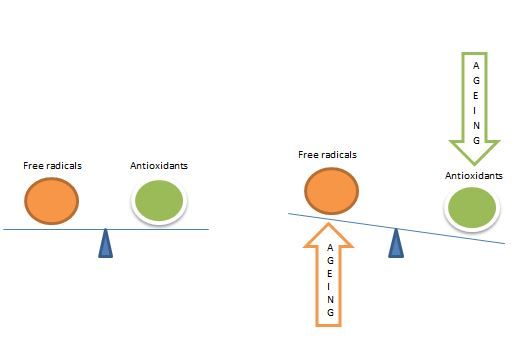Brain ageing in both humans and pets is the subject of the latest and most topical research and development. By focusing on nutritional micro-management, scientists have been able to achieve remarkable results. Cognitive dysfunction is somewhat similar to Alzheimer’s disease in people.
What age - related behavioural changes would my pet show?
Animal behaviourists identify five distinct areas of behavioural changes:
| BEHAVIOUR CATEGORY | EXAMPLE |
|---|---|
| ACTIVITY | Increased wandering, pacing, restlessness. Depression or apathy. |
| DISORIENTATION | Decreased recognition of familiar people, pets or places. Getting lost in familiar locations. |
| INTERACTIONS CHANGES | Decreased interest in interaction or play. Inappropriate vocalisation eg. barking for no apparent reason. |
| SLEEP PATTERN ALTERATIONS | Restless sleep or waking at night. Increased daytime and total amount of sleep. |
| HOUSE TRAINING | Indoor urination or defecation at random sites.Decreased or no signalling of wanting to toilet.Going outdoors but toileting indoors upon returning. |
Humans and animals produce harmful chemicals called free radicals on a daily basis. Young healthy dogs and cats produce antioxidants which neutralise these free radicals thereby avoiding damage to brain cells. As pets age, they produce more free radicals but unfortunately their levels of antioxidants deteriorate.
This leads to an excess of free radicals, which can damage the cells of the brain.
Medication and supplements are available to help. Cognitive dysfunction is a progressive condition that will tend to get worse with time. For optimal results treatment should begin as soon as any signs of the condition are seen.
Medication
Medication enhances the quality of life in ageing pets. Certain medications increase blood flow to the internal organs, especially the brain, heart and skeletal muscles. They also have a bronchodilatory effect improving oxygen uptake helping to improve the overall demeanour in older pets.
Supplements
Supplements like Aktivait are available over the counter from your vets. Aktivait combines all the nutrients necessary for sustaining optimum brain function. It helps to prevent free radical damage and improve electrical transmission between nerve cells in the brain. For optimal results supplements should be given as soon as any signs of the condition are seen. They can also be given to dogs and cats from middle age onwards to help maintain normal brain function.
Noticeable improvements have been reported as early as 3-4 weeks after the start of supplementation but this will vary by age, breed and the severity of the changes present.
Nutrition
Diets are available which also help support vitality and brain health.
The Senior Consult Lifestage diets made by Royal Canin, contains a selection of nutrients that help to support vital functions in ageing dogs and cats. This food should be fed as an everyday complete diet for your senior pet regardless of whether they have any ageing signs.
The diet helps:
- support ageing cells by neutralising the free radicals
- preserves kidney function by having a reduced level of phosphorus
- supports brain health by containing L-tryptophan, an amino acid that plays an essential role in the regulation of anxiety, sleep and appetite
- helps preserve muscle mass which can be lost with old age by containing a specific balanced formulation of amino acids
- helps maintain mobility with chondroitin, glucosamine and Green Lipped Mussel extract
What else can I do?
- Keep your pet fit and at the correct weight by feeding an appropriate senior diet.
- Take your dog for three or four short walks a day, rather than one long one. This will show benefits both in terms of exercise and also mental stimulation.
- Practice simple commands such as ‘sit’ and ‘stay’ to reinforce successful responses with rewards like treat or playtime.
- Hearing deteriorates with age in dogs, so use exaggerated hand and arm signals with your commands. Visual markers can also help combat disorientation.
- If your dog has started house soiling, help them to relearn the rules by accompanying them outside frequently for example after eating, sleeping or playing. Warmly praise and reward them if they do toilet outside. Never punish your dog if they do house soil, this will only make matters worse.
- Spend time every day stroking and gently grooming your pet.
- Keep any changes in their environment to a minimum such as bowl locations or furniture.
- Try to engage your cat in play-fishing toys and laser pointers can help to stimulate their interest.
- Make sure your cat has easily accessible and clean litter trays provided in secluded, convenient locations.
Why not answer our Senior Pet Behaviour Checklist and feel free to contact us for more information.
Useful links:
Caring For Your Older CatCaring For Your Older DogCaring For Your Blind CatCaring For Your Blind Dog




